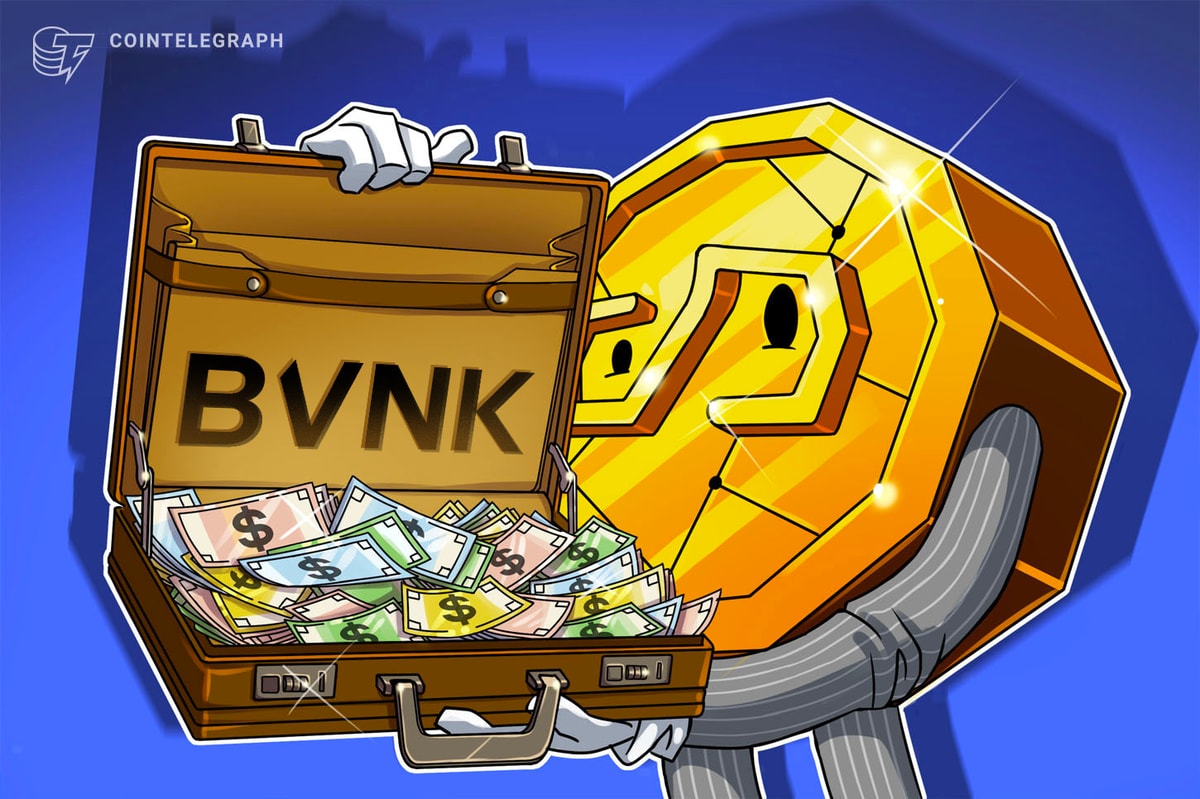“Capital goes where it is treated well”—so goes the saying about the movement of human talent, monetary savings and material goods across geographical landscapes.
The company CoinJar, an Australia-based Bitcoin seller and wallet provider, has today relocated its physical headquarters from Melbourne to London. This move will save CoinJar customers vast amounts of bits—a whopping 10% to be exact.

Ten percent is how much money the state in Australia demanded from CoinJar and its customers this year, with a scheme they call the “Goods and Services Tax,” or GST. In August, the state in Australia declared that it had a right to 10% of all bitcoins traded on the continent, and the backlash has been pronounced.
The Bitcoin guru Andreas Antonopoulos said in reaction:
“It’s as monumentally stupid as it would have been in 1994 to classify the Internet as a fax machine service, and put it under the control of telecom companies. . . . By doing regulation in that way, Australia’s not making Bitcoin slow down. What they’re doing is making Bitcoin move out.”
And move out it has. In fact, CoinJar is joining dozens of other cryptocurrency companies in moving their physical headquarters out of regions where states are attempting to leech off Bitcoin wealth, or at least make it harder to use.
Ethereum chose Switzerland. Coinapult chose Panama. Lamassu chose British Virgin Islands. And the voluntary-governance startup BitNation? BitNation chose not to incorporate with any physical state anywhere. A bold move, you may say, but it just may be the future.
As cryptocurrency consumers continue to express preferences through buying and selling, it becomes increasingly clear that the digital world isn’t a fan of borders or taxes.
Did you enjoy this article? You may also be interested in reading these ones:











